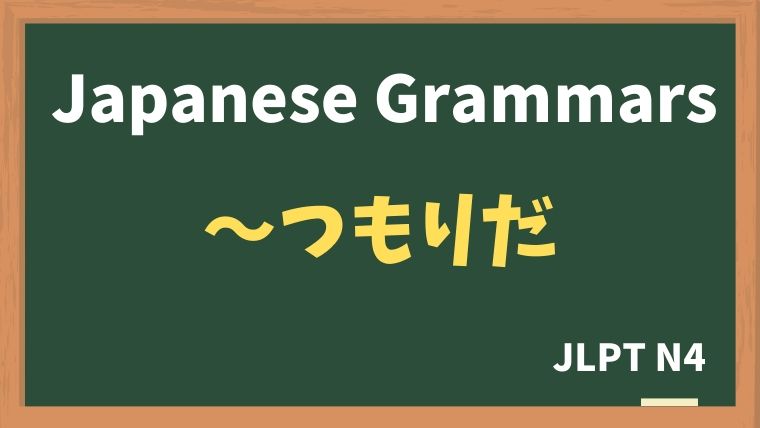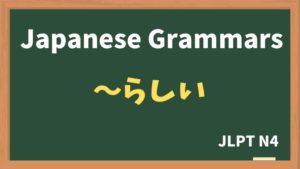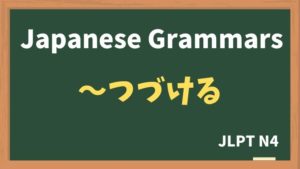
Explanation:〜つもりだ
fa-check-circleMeaning
"intend to do"
Used to express intention, plan, or assumption. It indicates that the speaker strongly believes they will do something or that something has been done to a certain standard. This expression can also convey the speaker's conviction about their actions or self-assessment of a state, even if others may perceive it differently.
fa-check-circleForm
V(plain form)+ つもりだ
fa-check-circlePoints
- Intention or Plan: Indicates that the speaker plans or intends to perform an action.
- Self-Perception or Assumption: Can be used to describe how the speaker sees their own actions, even if others might not agree.
- Emotional Nuance: Often includes a sense of conviction or confidence about the speaker's intention or self-assessment.
fa-check-circleJLPT Level
N4
Sample sentenes
私は 学校を 卒業したら 国へ 帰るつもりです。
I intend to go back to my home country after I graduate from school.
私は 週末に トムさんと 映画を 見るつもりです。
I intend to watch a movie with Tom during the weekend.
明日の パーティーには 出席しないつもりです。
I don’t intend to attend the party tomorrow.
週末 何を するつもりですか。
What do you intend to do during this weekend?
私は 来年 仕事を 辞めるつもりです。
I intend to resign from my work next year.
彼は 明日 学校に 来ないつもりです。
He doesn’t intend to come to school tomorrow.
Vocabulary
| Japanese | English |
| そつぎょうする | to graduate |
| しゅうまつ | weekend |
| しゅっせきする | to attend |
| やめる | to resign |
Difference from "〜予定だ"
While both expressions can indicate a plan, "〜つもりだ" is more subjective and personal, often involving the speaker’s feelings or self-image. "〜予定だ" is more formal and objective, simply stating a scheduled plan.






